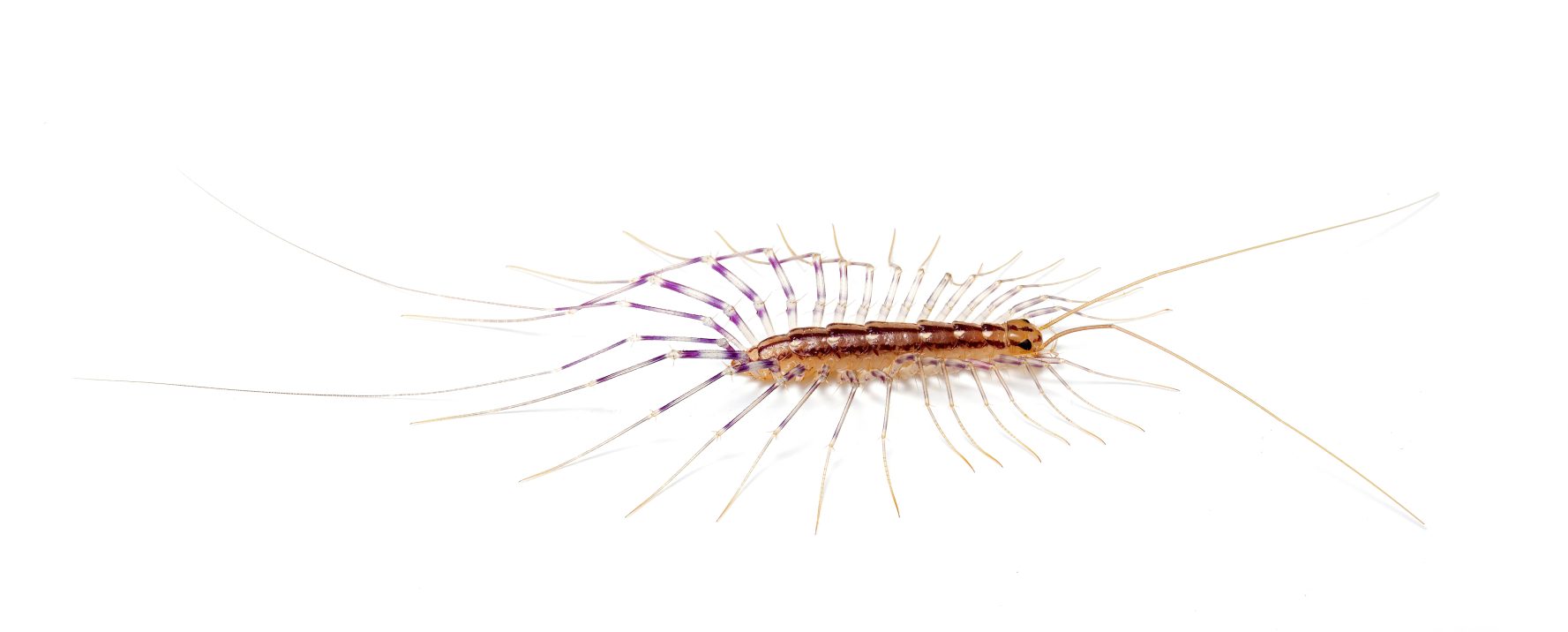The Whippet #169: A feeling in search of a cause
On this page

Hello! I have Covid, it caught me at last, so this is just gonna be some stuff
New subscribers: not the first issue I would have chosen for you, but what can you do?

A meditation on irritation
On the other end of the emotional spectrum, this philosophy piece on an emotion doesn't normally attract a lot of philosophical analysis, compared with rage, despair, love. I don't know that it really has a "point", but I liked a lot of the sentences in it, and the attention given to a smaller, mundane emotion.
When one is suitably attuned, virtually anything is liable to provoke irritation: a telephone left to ring or a phone call taken, people who walk too slowly or drive too quickly. Running late is irritating but so is arriving early. Impudence is irritating but obsequiousness even more so. Yet, however various its incitements, irritation is also an empty and tautological feeling. The irate know their claims against the world to be baseless or at least wildly exaggerated, and this, too, annoys them. Seemingly about every little thing and also nothing at all, irritation is a feeling in search of causes: it goes out into the world, and finds them.
The writer talks about how anger can be useful, "an engine for social transformation", whereas irritation is free-floating and hard to channel.
Indeed, there seems to be nothing one can do with one’s irritation; and the usual solutions – breathe, count to 10, relax – have the unfortunate quality of being themselves very irritating.


And then a companion piece: "Why I Keep Listening to Green Day’s ‘Boulevard of Broken Dreams’"
You don't need to be familiar with the song. It's an angsty song the writer loved as a teen. The verses all end with "I walk alone". People have been writing songs like this since forever. You could replace it with any of the melodramatic 1950s & 60s songs about boyfriends dying in car accidents.
The article above said we dignify big emotions and dismiss smaller ones, but maybe what we talk about in art/philosophy and what we're allowed to express in daily life are not the same?
Such dramatic displays of emotion are, of course, frowned upon in daily life. But overwhelming events continue apace even as the range of acceptable ways to react shrinks. In that context, it is validating to access and embrace high drama, even if only for a few minutes, in response to even minor provocations. I am not walking along the song’s proverbial boulevard of broken dreams, I realize. No — someone just failed to text me back. It comforts me to face an operatic version of emotional reality, then to just shake it off and move on.

There used to be an Olympic medal in town planning
And architecture, literature, orchestral composition, watercolour and sculpture. Because the idealized human that the Olympics was meant to celebrate is refined in both body and mind.
I don't really have any commentary, which is why I haven't put it in the Whippet before. Still, huh. Right?


I've heard the Dungeons and Dragons movie is way better than it has any right to be, and feels fresh because it's free of same-y cliché 2010s movie banter. (A review from a friend: 'No one at any point says "So that just happened."')
There's my lukewarm tip for you.

"How I Learned To Stop Worrying About Their Many Tiny Legs And Love The House Centipede"
This article is from last year and I haven't shared it before because what's good about it is every single sentence in it. I can't summarise and go "what I think is cool about this is..." because it's the writing and the journey, not any specific fact.
The first time I saw a house centipede skittering up on my ceiling while lying in bed, I knew that I hated it. I hated how its body looked like a conjoined pair of false eyelashes capable of uncanny speed—flitting across my wall faster than a foot per second. When it stood still, I hated that I couldn’t tell which end was its head and which end was its rear: Which way will you skitter next?!
I also deal with fear by learning about whatever I'm afraid of:
What appear to be long, spidery antennae protruding from the house centipede’s rear are actually a pair of modified legs that can grow twice as long as its body. These are, quite deservedly, called the centipede’s “ultimate legs.”
It has education and curiosity and charm and interviews with delightful scientists.
Research associate Derek Hennen recommends controlled exposure: confronting the fear of the house centipede in small doses that can increase over time. “Look at some images online,” Hennen said. “Think, ‘If I can count these legs, it’s not too many.’”

PS if you're Australian, what we call a 'house centipede' is a different species, this one.

Comments
Sign in or become a Whippet subscriber (free or paid) to add your thoughts.
Just enter your email below to get a log in link.
A newsletter for the terminally curious
Arrives in your inbox every second Thursday.



